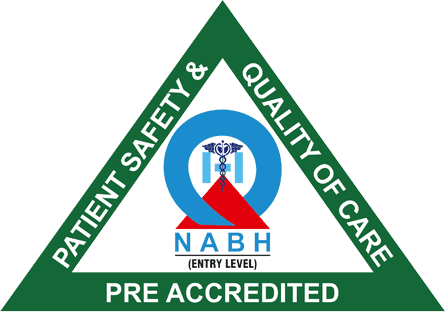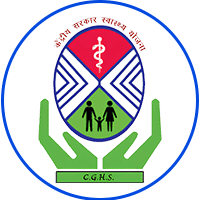What is Diabetic retinopathy?
Diabetic retinopathy is a severe eye condition that affects people with diabetes. When blood sugar is too high, the blood vessels in the retina, the light-sensitive tissue at the back of the eye, are damaged. As time passes, this damage can result in vision loss and blindness. Fortunately, early detection and timely treatment can significantly reduce the risk of vision problems.
The Importance of Regular Eye Exams
For individuals with diabetes, regular eye exams are crucial to monitor for signs of diabetic retinopathy. Early detection allows for early intervention, preventing the condition from progressing to more advanced stages. Iksha Eye Care offers comprehensive eye examinations conducted by experienced eye specialists in Mumbai. Our team is dedicated to providing the highest quality care to patients with diabetes, ensuring their eye health is prioritised.
How Diabetic Retinopathy Develops
When blood vessels in the retina are damaged by high blood sugar, diabetic retinopathy develops gradually. Initially, the condition may cause no noticeable symptoms. In the course of the disease, the following complications may occur:
- Nonproliferative diabetic retinopathy: At this early stage, blood vessel microaneurysms and retinal haemorrhages develop.
- Proliferative diabetic retinopathy: Advanced stage of retinal detachment and vision loss due to abnormal growth of blood vessels on the retina.
Symptoms of Diabetic Retinopathy
While early-stage diabetic retinopathy often has no symptoms, as the condition worsens, individuals may experience:
- Blurred vision
- Floating spots or flashes of light
- Dark spots in the centre of the field of vision
- Vision loss
Preventing Vision Loss with Timely Screening
Regular eye exams are essential for individuals with diabetes to detect and manage diabetic retinopathy. Iksha Eye Care offers best paediatric ophthalmologist services and state-of-the-art equipment to diagnose and treat this condition effectively. Our team of experts can recommend appropriate management strategies, including:
- Regular eye exams: Annual eye exams are recommended for people with diabetes, even if there are no symptoms.
- Blood sugar control: Maintaining stable blood sugar levels is crucial for preventing the progression of diabetic retinopathy.
- Blood pressure control: High blood pressure can exacerbate diabetic retinopathy.
- Laser therapy: In some cases, laser therapy can be used to seal leaking blood vessels and prevent further damage.
- Vitrectomy: This surgical procedure may be necessary to remove scar tissue or vitreous gel from the eye.
The Role of Cashless Facility and No Cost EMI Options
At Iksha Eye Care, we understand that healthcare expenses can be a burden. That’s why we offer 100% Cashless Facility for all Central Government Health Scheme (CGHS) and Private Mediclaim policy holders. This means you can receive treatment without upfront payment. Additionally, we provide No Cost EMI options for eligible patients, making quality eye care more accessible.
Diabetic retinopathy is a serious eye condition that can lead to vision loss if left untreated. However, with early detection and appropriate management, the risk of vision problems can be significantly reduced. Regular eye exams, along with effective blood sugar and blood pressure control, are crucial for individuals with diabetes. Iksha Eye Care is committed to providing comprehensive eye care services to patients with diabetic retinopathy, ensuring they receive the best possible treatment.















